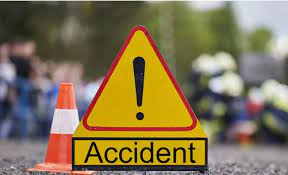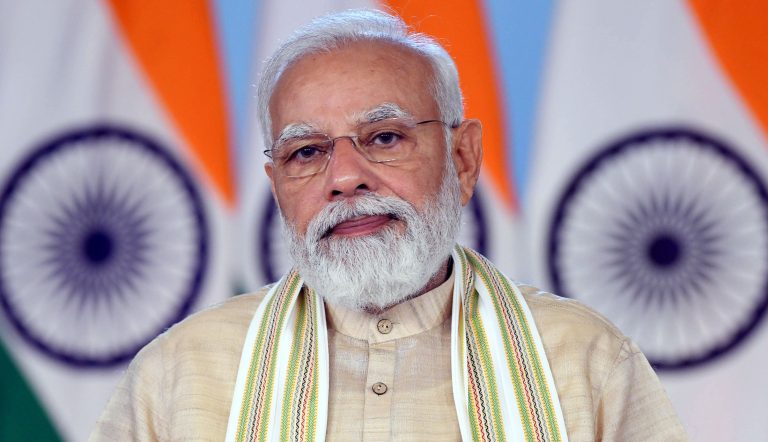Drug shortage worries doctors in Sri Lanka
COLOMBO: A shortage of medicine caused by an economic crisis in Sri Lanka could soon cause deaths, doctors said, as hospitals are forced to postpone life-saving procedures for their patients because they do not have the necessary drugs.
Sri Lanka imports more than 80pc of its medical supplies but with foreign currency reserves running out because of the crisis, essential medications are disappearing from shelves and the healthcare system is close to collapse.
At the 950-bed Apeksha cancer hospital on the outskirts of the commercial capital, Colombo, patients, their loved ones and doctors feel increasingly helpless in the face of the shortages which are forcing the suspension of tests and postponement of procedures including critical surgery. “It is very bad for cancer patients,” said Dr Roshan Amaratunga.
“Sometimes, in the morning we plan for some surgeries (but) we may not be able to do on that particular day … as (supplies) are not there.” If the situation does not improve quickly, several patients would be facing a virtual death sentence, he said.
Sri Lanka is grappling with its most devastating economic crisis since independence in 1948, brought about by Covid-19 battering the tourism-reliant economy, rising oil prices, populist tax cuts and a ban on the import of chemical fertilisers, which devastated agriculture.
A government official working on procuring medical supplies, said about 180 items were running out, including injections for dialysis patients, medicine for patients who have undergone transplants and certain cancer drugs. The official, Saman Rathnayake, said that India, Japan and multilateral donors were helping to provide supplies, but it could take up to four months for items to arrive.
In the meantime, Sri Lanka has called on private donors, both at home and abroad, for help, he said.
Doctors say they are more worried than the patients or their relatives, as they are aware of the gravity of the situation and the consequences. Referring to the ubiquitous queues for petrol and cooking gas, Dr Vasan Ratnasingam, a spokesman for the Government Medical Officers’ Association, said the consequences for people awaiting treatment were so much more dire.
Published in Dawn,May 24th, 2022





